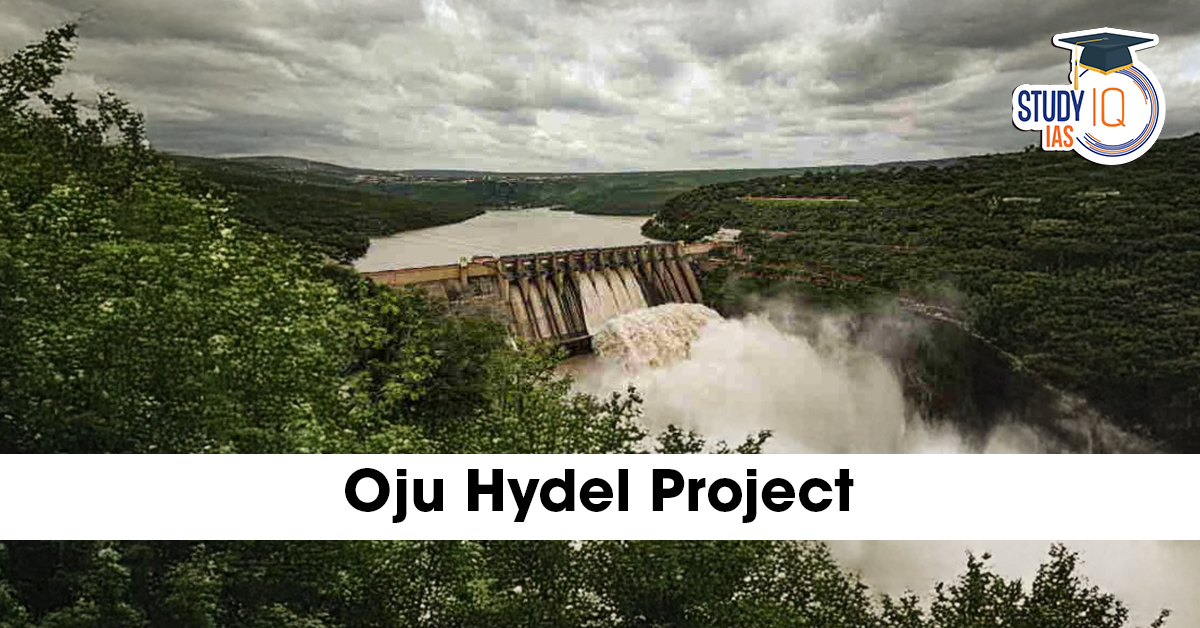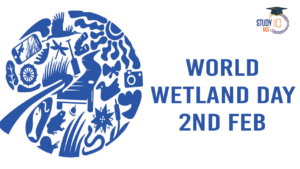Table of Contents
India is making rapid strides in both infrastructure and sustainable development through mega hydropower projects and AI-powered eco-tourism initiatives. Recently, two major developments have drawn national attention:
-
The 2,200 MW Oju Hydroelectric Project in Arunachal Pradesh, which received a recommendation for environmental clearance by the Union Environment Ministry’s expert panel.
-
The upcoming AI-enabled Nature Experience Centre at Betla National Park in Jharkhand, the first of its kind in India.
These projects highlight India’s dual focus on energy security and eco-tourism innovation, while also strengthening strategic presence in sensitive border regions.
Oju Hydroelectric Project
Context
The Oju Hydroelectric Project, located in Arunachal Pradesh, is a major step in India’s efforts to harness the hydropower potential of the Northeast. An expert panel from the Union Environment Ministry has recently recommended environmental clearance for the 2,200 MW project.
Location
-
District: Upper Subansiri District, Arunachal Pradesh
-
River: Subansiri River
-
Proximity: Close to the India-China border
Capacity
-
Total Installed Capacity: 2,200 MW
-
Main Plant: 2,100 MW
-
Captive Dam-Toe Plant: 120 MW
Strategic Importance
-
Geopolitical Value: Situated near the India-China border, the project strengthens India’s infrastructure and energy presence in strategically sensitive areas.
-
Energy Security: Harnesses hydroelectric potential in the Northeast to meet growing power demands.
-
Green Energy Transition: Supports India’s commitment to renewable energy sources, reducing dependence on fossil fuels.
-
Regional Development: Enhances connectivity, boosts local employment, and improves socio-economic conditions in Arunachal Pradesh.
Environmental Concerns
While hydropower contributes to clean energy, large projects like Oju may lead to ecological challenges such as:
-
Displacement of local communities.
-
Impact on riverine biodiversity.
-
Deforestation in ecologically fragile Himalayan zones.
Hence, environmental clearance plays a critical role in ensuring sustainable development.
AI-Enabled Centre at Betla National Park
Context
In another significant development, India is set to establish its first AI-enabled nature experience centre at Betla National Park, Jharkhand. This initiative aims to blend artificial intelligence with eco-tourism and conservation awareness.
About Betla National Park
-
Location: Latehar district, Jharkhand
-
Significance: Part of the core area of Palamau Tiger Reserve
-
River System: The North Koel River flows through the northern part of the park
-
Historical Importance: The park houses Betla Fort, a 16th-century fort built by the Chero kings
Features of the AI-Enabled Centre
-
Interactive Learning: Visitors will experience AI-powered exhibits, virtual guides, and immersive storytelling about the park’s biodiversity.
-
Conservation Awareness: Helps spread awareness about the importance of protecting endangered species, including tigers, elephants, and leopards.
-
Tourism Boost: Enhances the park’s profile, making it an eco-tourism hotspot in Jharkhand.
-
Technological Innovation: Integrates AI and augmented reality (AR) for better visitor engagement.
Significance
-
Promotes eco-tourism while safeguarding natural habitats.
-
Encourages responsible tourism by educating visitors.
-
Acts as a model for other Indian national parks to adopt technology-driven conservation initiatives.
Broader Implications
For India’s Energy Security
-
Projects like Oju Hydroelectric Plant contribute significantly to renewable power generation.
-
Reduce dependency on imported fossil fuels.
-
Strengthen India’s commitment under Paris Climate Agreement and COP commitments.
For Eco-Tourism and Conservation
-
AI-based centres modernize tourism experiences while ensuring minimal ecological footprint.
-
Helps involve local communities in conservation-based livelihoods.
-
Positions India as a global leader in tech-driven biodiversity preservation.
Conclusion
The Oju Hydroelectric Project and the AI-enabled Nature Experience Centre at Betla National Park reflect India’s balanced development strategy—prioritizing both energy security and environmental sustainability. While Oju Hydel Project strengthens India’s strategic and energy presence near sensitive borders, the AI Centre in Betla showcases how technology can revolutionize eco-tourism and wildlife conservation. Together, these initiatives symbolize India’s vision of a green, secure, and innovative future.


 Grammy Awards 2026: Full Winners List, H...
Grammy Awards 2026: Full Winners List, H...
 World Wetlands Day 2026: Theme, History,...
World Wetlands Day 2026: Theme, History,...
 Union Budget 2026 Highlights: Key Announ...
Union Budget 2026 Highlights: Key Announ...

























